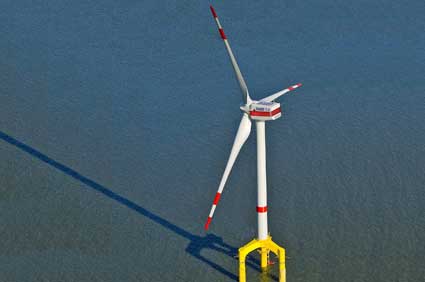Cost analysis and identifying cost potentials of retrofitting regional vehicles
Identified potential of 40 % compared to the offer
Initial situation & task
- Cost analysis and determination of potential for the conversion of a regional vehicle
- Determination of development costs
- Determination of manufacturing costs for installations/extensions as well as conversions for a standard and a minimum variant
Approach
- Cost assessment of the existing vehicle
- Definition of the modifications (delta method)
- Cost evaluation of the adaptations
- Calculation of development costs
- Simulation and evaluation of different variants
- Analysis of the overhead cost structure of the executing company
Results
- Clear elaboration of a target price and a time frame for implementation
- Transparent, reliable basis for bid negotiations
- Clear identification of cost drivers
- Alternative configurations with evaluation of implementation costs
- 40 % savings potential compared to quotation

Determining the total cost of ownership for an offshore wind farm
Proof through life cycle cost analysis: Break-even point < 10 years
Initial situation & task
- Determining the total cost of ownership for an offshore wind farm
- Wind farm of this size is unique so far
- In addition to the wind turbines, the transformer platform and the onshore installation must also be taken into account.
- Utilisation costs not yet recorded
- Maintenance concept not yet defined
Approach
- Cost assessment of the planned plant (80 wind turbines, transformer platform and land-based plant).
- Determination of premises of utilisation (maintenance, spare parts supply, repair scenarios, etc.)
- Simulation of the utilisation costs under the given premises
- Variation of the premises
- Approximation of the optimal utilisation scenarios
Results
- Identification of the cost-driving elements in operation
- Stockpiling of appropriate quantities of spare parts
- Liquidity planning for capital expenditure on an annual basis
- Determination of the TCO with clear presentation of the break-even point

Validation of indication quotations for a flight system through parametric evaluation
Early project estimation with a maximum deviation of 5 %
Initial situation & task
- A completely new type of aircraft is to be developed
- First indication offers have been requested
- The quotes are to be validated and a should price determined
Approach
- Rough structural development (parts list)
- Assumptions about possible characteristics recorded with an expert
- Basic parameters: Number of units, payload, first flight/entry into service
- Evaluation of individual components and assemblies
- Evaluation of assembly and test efforts
Results
- Deviation of the estimated costs in the preliminary design phase from the actual procurement costs is 5 %

Parametric evaluation of a test stand
Long-time supplier reduces prices by 10 % after parametric cost analysis with 4cost software
Initial situation & task
- A supplier has been asked to provide an initial ROM (rough order of magnitude).
- Management wants clarity on value for money
- The supplier has been in business for over 20 years and has supplied the client with several systems
- Preparation of a shouldcosting and support in negotiations
Approach
- Creation of a parametric calculation from the technical descriptions (rough specifications)
- Creation of a rough structure
- Parametric evaluation of individual components and assemblies with customer and supplier
- Negotiation support
- Identification of cost drivers and discussion
- Evaluation of the degree of novelty for the supplier
- Evaluation and negotiation of engineering hours
Results
- With 4cost’s technical negotiation support based on parametric evaluation, a saving of 10 % was achieved with the long-term supplier

Comparison of the subsequent manufacturing costs of an injection system
Series costs deviate by a maximum of 3 % from the cost estimation in the concept phase
Initial situation & task
- A new generation of injection nozzles is to be developed
- Management demands a detailed calculation
- A bottom-up calculation is not possible at this early stage due to a lack of detailed information
Approach
- Cost determination is only possible via the parametric approach with 4cost-aces
- In a cost workshop with all parties involved (developer, designer, project manager, purchaser) the available information is compiled and transferred to 4cost-aces
Results
- The early cost estimate was compared with the actual costing in the product development, pre-series and series phases: the real cost deviation is 3%

